top 5 causes of dry skin
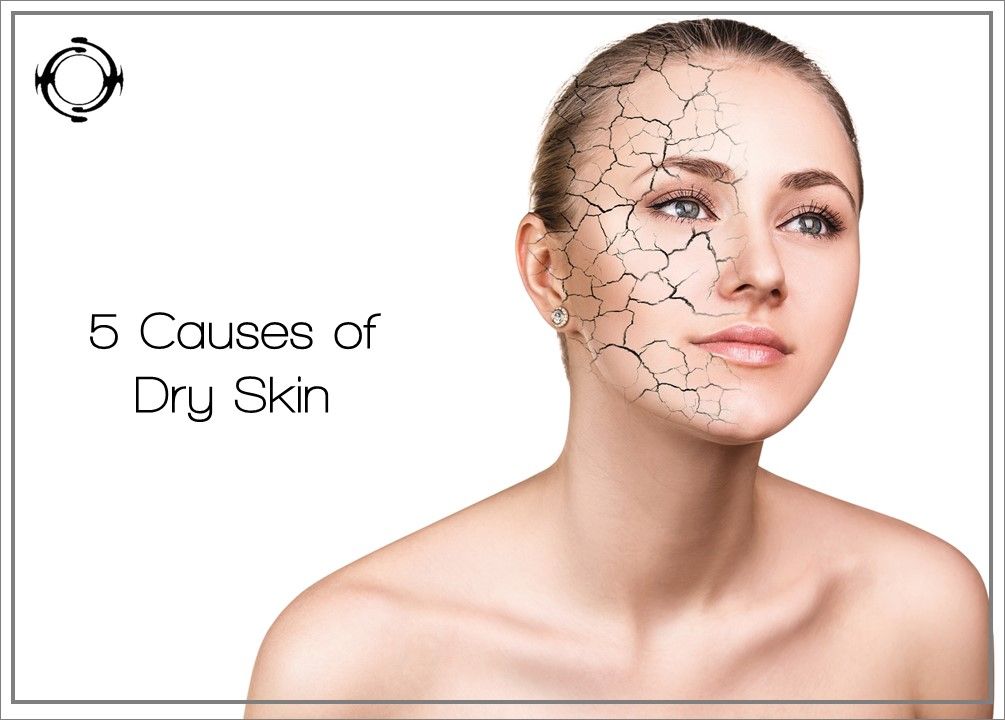
So what causes dry
skin?
Lack of moisture, right? Possibly.
But there could also be other factors
which may be contributing to your itchy, red, dry skin.
Discovering and
removing these factors from your daily routine, may begin to alleviate your
skin.
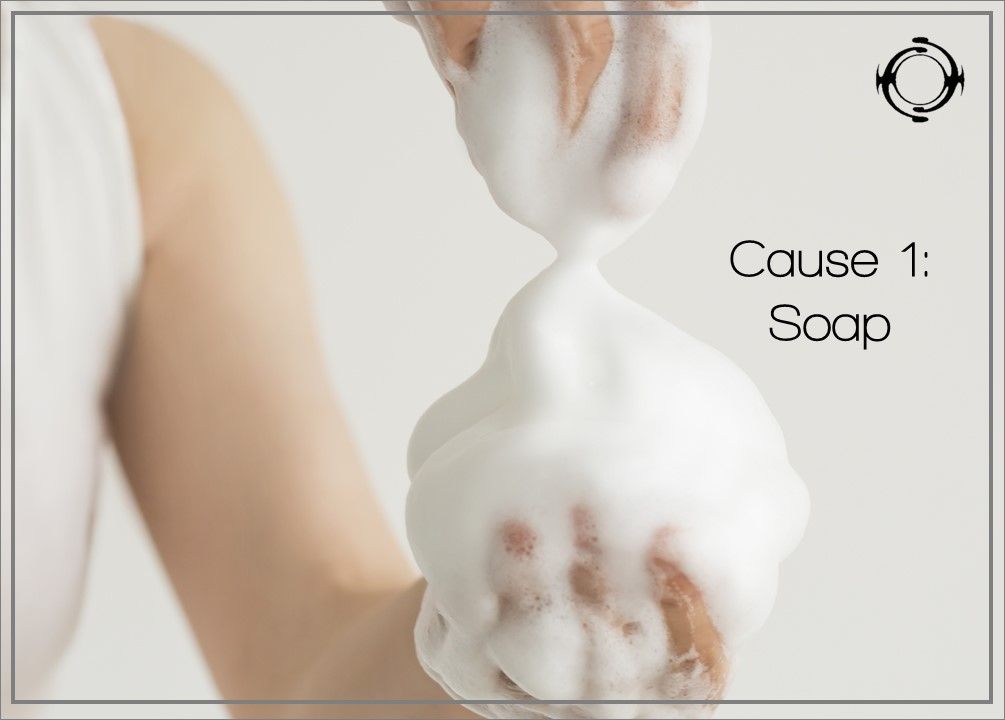
Cause 1: Soap
Did you know that
most soaps as they tend to be drying on the skin?
You could find it’s
better to wash with a non-soap cleanser, ideally one that contains moisturising
ingredients such as oils. And if you see Sodium lauryl sulfate or Sodium
laureth sulfate listed on the ingredients label, it might be an idea to choose
another brand as this ingredient can be quite abrasive on your skin.
After you come out
of the shower, gently pat your skin dry. Don’t vigorously rub it. By gently
patting it, any oils that are on your skin as a result of the shower product
you used will remain on your skin where they’ll be absorbed and help keep your
skin moisturised.
If you naturally
have dry skin, which can become even more dry in the Winter, you might consider
showering less frequently as showering only contributes to drying skin.
Alternatively, don’t cleanse your whole body every day.
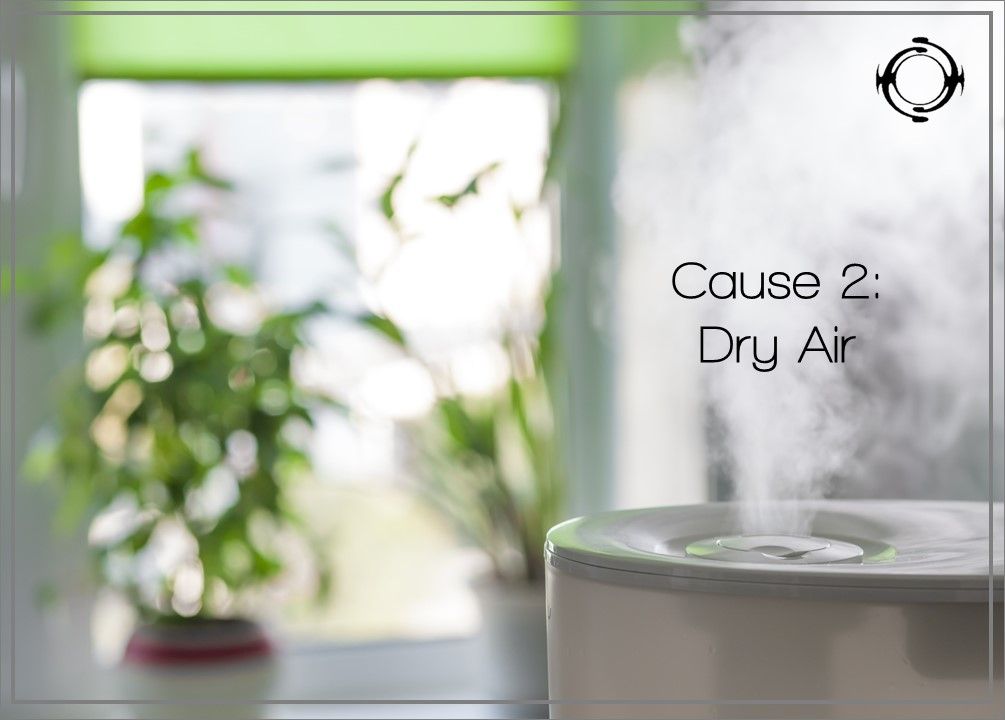
Cause 2: Dry Air
Especially in
Winter, you crank up the central heating to keep the Winter chills outside. But
did you know that central heating can dry the air inside your home? And it can
draw the moisture out of your skin?
To combat this use a
humidifier, a gadget that adds moisture to the air to reduce and prevent
dryness.
The ideal humidity
level in your home should be between 40 and 60. Measurements below 40 are too
low and the air will become too dry, in turn drying out your skin.
Personally I try to keep the humidity as close to 60 as possible.
Remember: when using a
humidifier please carefully read the instruction and care manuals.
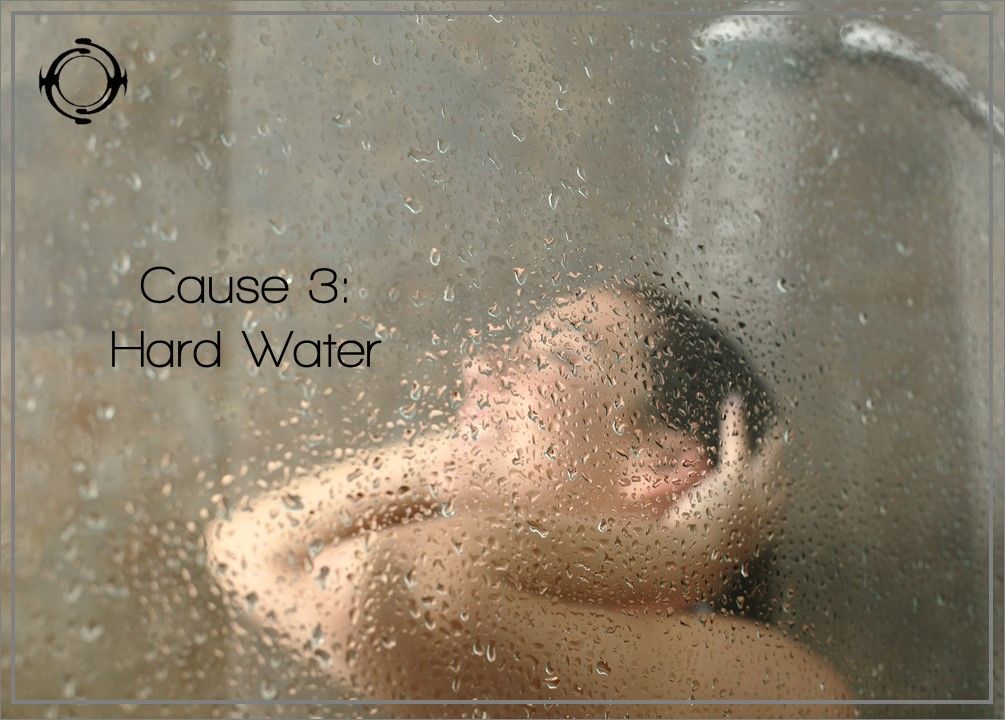
Cause 3: Hard
Water
Hard water is tap
water which has a high concentration of minerals such as zinc, magnesium or
lead.
According to Dermatologist,
Dennis Gross MD, the minerals in hard water turn the oils on your skin into a “thick
substance that plugs, aggravates conditions like acne and rosacea, and prevents
moisturisers from being absorbed into the skin”.
You can very
easily determine if your tap water is hard. Fill a bottle three-quarters full of
tap water and add a few drops of detergent. Put the cap on the bottle and
shake. If there’s not much foam, you have hard water. You can further check if
you have hard water by simply looking into your kitchen kettle. If white scale
gathers in it periodically, then you have hard water – the scale is the residue
left behind from hard water.
To soften your
water, attach a filtration system in your home. This will reduce the mineral content
of the water that comes out of the tap.

Cause 4: Over-washing
& Over-cleansing
Quite often people
who show signs of dry skin, particularly on their hands, are washing their
hands constantly. And they tend to use hot water. To reduce the effects of
over-washing, use tepid water instead of hot and an oil-based cleanser rather
than soap. And after washing your hands, immediately apply a moisturiser.
When it comes to
your body, again, reduce the temperature of the water. So shower on bathe in
tepid water and reduce the amount of time you spend in the shower or bath. This
is particularly important in Winter. According to dermatologist Bruce Robinson,
MD, “Overwashing, especially long hot showers, is the number one reason for dry
skin”.
And after you
leave the shower or bath, pat your skin dry and apply a moisturiser.
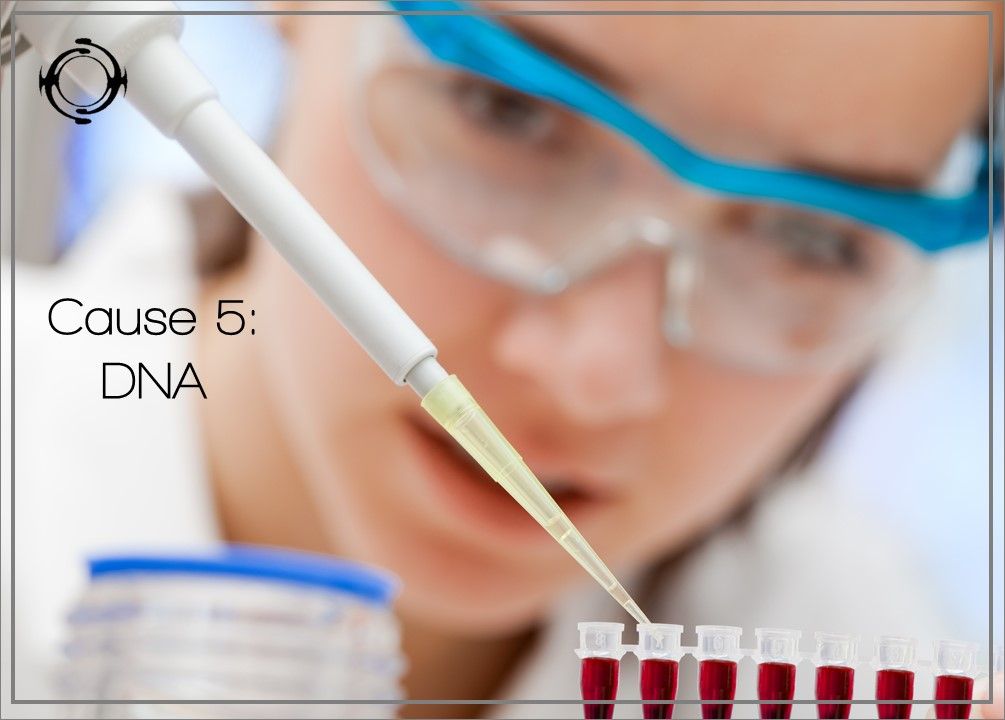
Cause 5: DNA
Scientists now
believe that dry skin can be passed down from earlier generations. Indeed,
experts at the University of Dundee found that mutations in the genes that control
filaggrin can induce several dry skin conditions such eczema. Filaggrin is a
protein in our bodies which helps keep our skin barrier hydrated.
Does dry skin run
in your family?
If you are prone
to dry skin as a result of your DNA, be diligent with your daily moisturising
routine.


